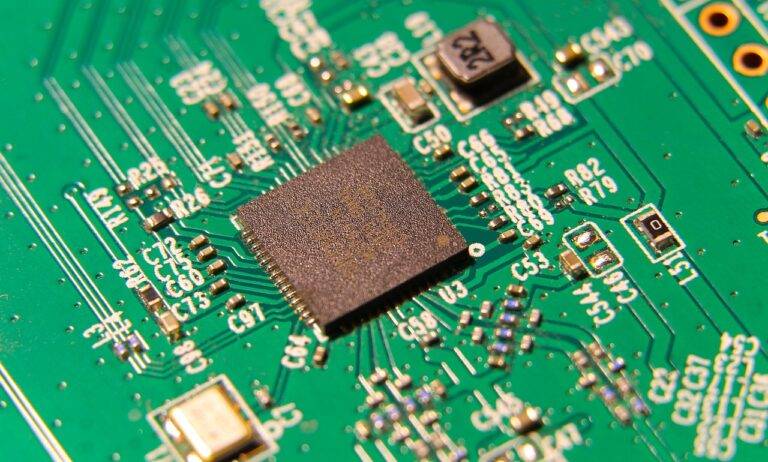Exploring the Potential of AI in Sustainable Agriculture Education
Artificial Intelligence (AI) is revolutionizing education in sustainable agriculture by providing innovative solutions to improve farming practices and promote environmental sustainability. Through AI technology, students and professionals in the agricultural industry can access valuable data insights to make informed decisions that optimize crop yield and reduce the environmental impact of farming practices.
By integrating AI into sustainable agriculture education, students gain a comprehensive understanding of how technology can be leveraged to address global challenges such as climate change, resource depletion, and food security. Through hands-on experiences with AI tools and applications, individuals can develop the skills necessary to implement sustainable agricultural practices and contribute to building a more resilient food system for the future.
Current Challenges in Sustainable Agriculture Education
Sustainable agriculture education faces numerous hurdles in its efforts to equip the future workforce with the necessary knowledge and skills for addressing global food sustainability issues. One of the key challenges lies in the lack of adequate resources, both in terms of funding and trained educators. Many educational institutions struggle to offer comprehensive sustainable agriculture programs due to limited financial support and a shortage of qualified faculty members with expertise in this field.
Moreover, the traditional curriculum in agriculture education often lacks a holistic approach to sustainability, focusing more on conventional farming practices rather than incorporating innovative and eco-friendly solutions. This outdated approach hinders students from gaining a broad understanding of the complex interplay between agriculture, the environment, and society. As a result, graduates may enter the workforce ill-prepared to tackle the pressing challenges of modern agriculture, such as climate change, soil degradation, and water scarcity. Addressing these challenges requires a paradigm shift in how sustainable agriculture education is structured and delivered to ensure that future agricultural professionals are equipped to address the sustainability needs of the industry.
The Role of AI in Improving Agricultural Practices
Advancements in artificial intelligence (AI) have been instrumental in transforming agricultural practices globally. One significant way AI has improved agriculture is through precision farming techniques. By using data analytics and machine learning algorithms, farmers can analyze various factors like soil quality, weather patterns, and crop health to make informed decisions about planting, irrigation, and fertilization.
Moreover, AI-powered drones and satellites have revolutionized monitoring and surveillance in agriculture. These technologies can provide real-time insights into crop conditions, pest infestations, and overall farm management. The use of AI in data collection and analysis has enabled farmers to enhance productivity, reduce waste, and optimize resource usage efficiently.





